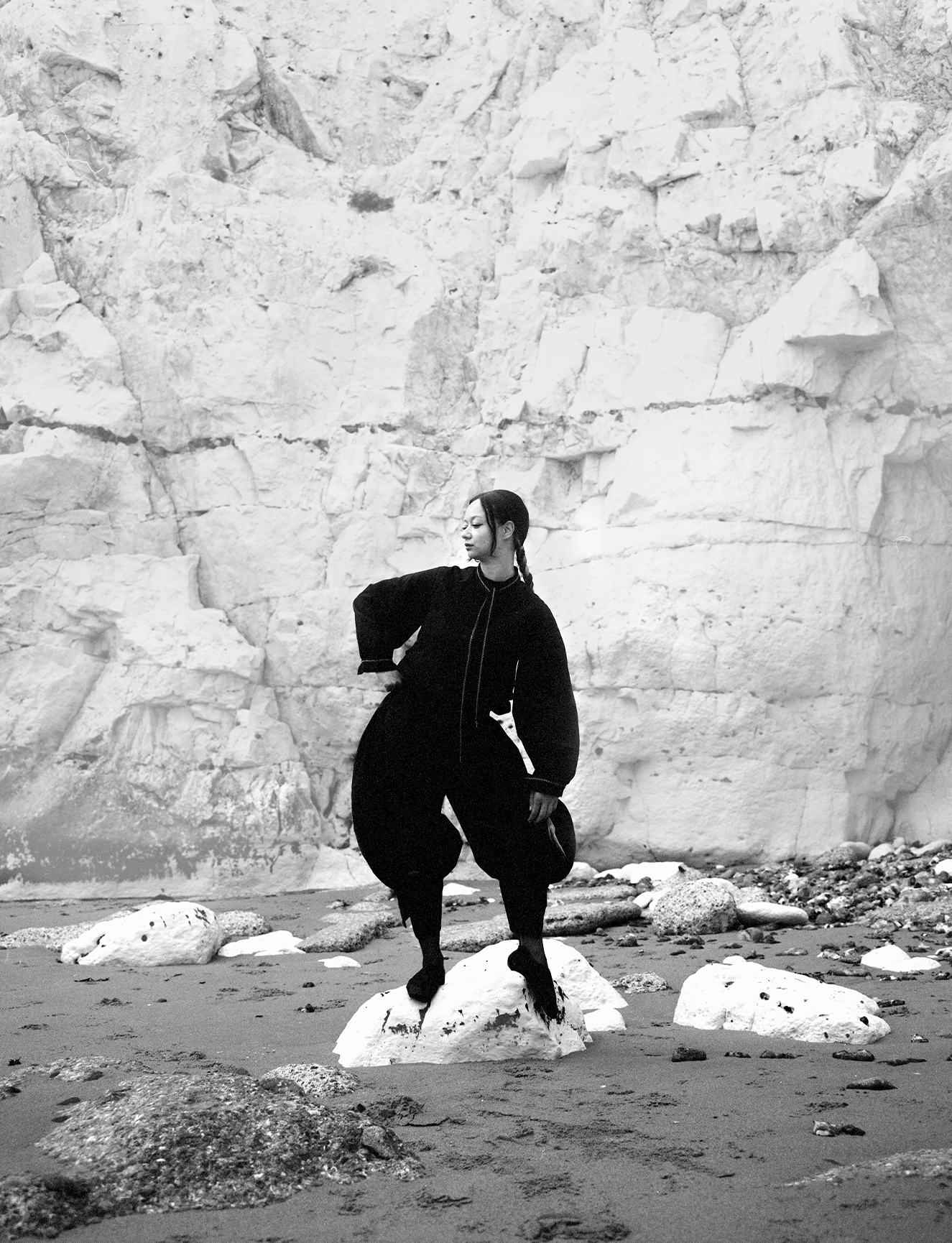Theft and romance live in the same house. They have to; rarely do people love the same person their whole life, and the beloved is always someone’s property: you are mine, I am yours etc. This was not material Lowell had overheard at a party or observed in the street: it was taken from someone with whom he was, because they were in love, already engaged in a power struggle. During the edits for The Dolphin, and immediately after its publication, a tense debate about what moral and artistic claim artists have over the lives of those close to them ensues in the letters. Guided, obviously, by personal anguish.
Theft and romance live in the same house
“It weaves in and out of the years, wrenching often, brilliant and glittering in the seeing and remembering. Sometimes the images are like knives, slicing through the block of experience. Of course I mind the lines seeming to have issued from me…” Writes Hardwick on the matter, in material reproduced in The Dolphin Letters. A few years earlier, less generously:
“I think you have ruined your life for a mess of potage — a mess.”
The poet Elizabeth Bishop also weighs in. In a letter to Lowell:
“It is honest poetry — almost…there is a mixture of fact and fiction and you have changed her letters. That is infinite mischief…I feel sick for you…I am so sick of poems about students’ mothers and fathers and sex lives and so on. All that can be done — but at the same time one surely should have a feeling that one can trust the writer — not to distort, tell lies, etc.”
Lowell’s defence:
“Poetry lies.”
I am inclined to side with Lowell. But perhaps I am a little jaded; inured to the gravity of Hardwick’s plight, living, as I do in the age of the internet which is also the age of infinite disclosure: a necropolis of feelings people don’t know what to do with, where the idea that any utterance not be twisted and that privacy is sacred seems somewhat naive. Horrors of the present aside, one could argue that Lowell was merely under the influence of a romantic convalescence. We’ve all been there, in the aftermath we cut up and fictionalise the parts that don’t suit. If a boyfriend sours the end of a relationship, our mind goes back and makes the whole thing acrid: he was always cruel, it was in his nature. To think of your younger self as having been manipulated rather than simply missing a trick is far kinder. It is also worth mentioning that Hardwick was just as capable of these twists. In Sleepless Nights, a novel that traces the silhouette of her own life in the manner of a fever dream, Lowell is barely mentioned. Her husband had to gnaw through his romances, picking his teeth and staining the tablecloth whereas she swallowed him whole. I imagine her dabbing her lipstick with a napkin afterwards, very neatly.
In the aftermath we cut up and fictionalise
Of my own habits I will say this: in July I’m marrying the love of my life. I have been in love twice. Once, in a way that hinged entirely (here come the scissors!) on my own stupidity, the second, the reverse: I have been met on equal ground. There is no room for delusion here, or, our delusions are entirely shared and should they unravel we will both have to eat our hats at the same time. He appears in my writing, like everyone else in my life does, as exaggeration or in disguise, but his starring role is that of editor: I ask for his advice and I listen when he gives it. On life’s small disciplines, Joan Didion said it was hard to imagine yourself Cathy in Wuthering Heights with your head in a paper bag. Well, it is hard to imagine yourself Cathy in Wuthering Heights when the man who dramatically punches the drywall in your poems, is the same one who has to correct your spelling of tome (tomb!). More than anything could ever be about him, his voice is already lodged, like Hardwick’s for Lowell, in the throat. This, it would seem, is the impossible gambit love makes; to superimpose one person’s image onto another, and expect clarity from the result. In the end, Lowell returned to Hardwick, or at least he attempted to. He died in the taxi before it reached her house, carrying in his arms a portrait of his former lover, painted by Lucien Freud.
Read More: Why Do Books Have Cover Art?






